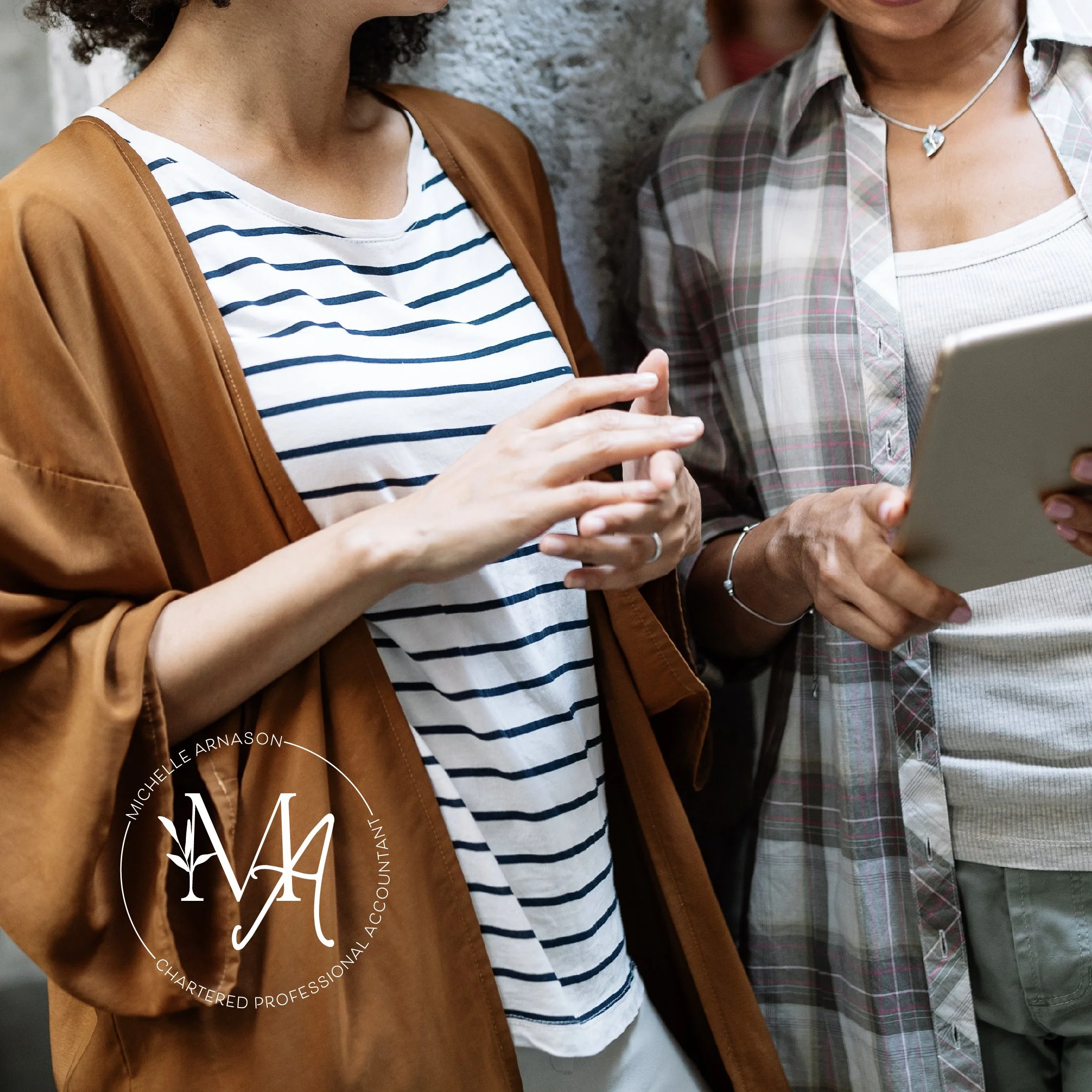The Pros and Cons of Operating as a Sole Proprietor in Canada
Choosing the right business structure is a pivotal decision for entrepreneurs in Canada. One of the most common options for small businesses is the sole proprietorship.
In this blog post, we'll explore the pros and cons of operating as a sole proprietor in Canada, helping you make an informed choice for your entrepreneurial journey.
THE PROS
Simple and Cost-Efficient Setup:
Starting a sole proprietorship in Canada is relatively simple and cost-effective. You don't need to register your business with the government, making it an attractive option for many entrepreneurs.
Full Control:
As a sole proprietor, you have complete control over all aspects of your business. You make decisions independently, without needing to consult partners or shareholders.
Direct Tax Benefits:
Income earned in a sole proprietorship is generally taxed at your personal income tax rate. This can be advantageous if your business has lower income in its early stages.
Minimal Compliance Requirements:
Sole proprietors face fewer regulatory and compliance requirements compared to other business structures, like corporations. This reduces administrative burdens and costs.
Flexibility:
Sole proprietors have the flexibility to pivot their business quickly. You can change your business focus, branding, or offerings without the need for extensive legal procedures.
THE CONS
Unlimited Personal Liability:
Perhaps the most significant drawback of a sole proprietorship is that you are personally responsible for all business debts and liabilities. Your personal assets, such as your home and savings, are at risk if the business faces financial troubles or legal issues.
Limited Access to Capital:
Sole proprietors may find it challenging to secure financing for their businesses. Banks and investors often prefer lending to incorporated businesses, which can limit your growth potential.
Limited Tax Planning Opportunities:
While there are tax advantages to a sole proprietorship, you may have fewer opportunities for income splitting and tax planning compared to other business structures.
Potential Difficulty in Selling or Passing On the Business:
It can be more complex to sell or transfer a sole proprietorship, as it's closely tied to your personal identity and skills. This can create challenges when planning for retirement or succession.
Limited Credibility:
Some clients and partners may perceive sole proprietorships as less stable or credible compared to incorporated businesses. This can affect your ability to attract certain customers or business opportunities.
Conclusion
Operating as a sole proprietor in Canada offers simplicity, control, and direct tax benefits. It's an excellent choice for small businesses with low risk and limited regulatory requirements.
However, it's essential to weigh these advantages against the potential downsides, such as unlimited personal liability and limited access to capital.
Ultimately, the decision to operate as a sole proprietor should align with your business goals, risk tolerance, and long-term plans.
Consulting with a legal or financial professional can help you make an informed choice that sets your business on the path to success!

